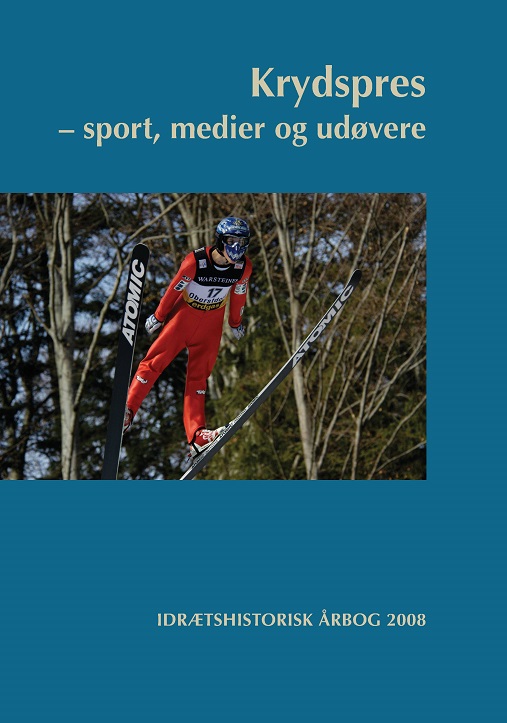Sport og medier. Fra interessefælleskab til forretningsorientering
DOI:
https://doi.org/10.7146/ffi.v24i1.31647Resumé
Artiklen omhandler de store udviklingstræk i dansk sportsjournalistik, hvis udgangspunkt for at dække sport gradvist har ændret sig fra at være idealistik orienteret til at blive markedsorienteret.
Sport and media
This article outlines some of the crucial qualitative changes in the development of Danish sportsjournalism throughout the 20th century. There is a particular focus on changes in the coverage which account for changes in the journalistic conception of their professional role as a communicator between sports and the audience. Both newspapers, radio and television is included in the desciription, as the analysis is based on a evolutionary understanding of the media saying that new media do not substitute old media. Rather, over time new media bring about communicative differentiation in between the old and new media. The changes represent a journalism which gradually has moved its productional point of focus from basing itself on ideal conceptions of the social and ethical value of sports to basing itself to a still higher degree on a market controlled wish to secure the readers, listeners and viewers.
Downloads
Publiceret
Citation/Eksport
Nummer
Sektion
Licens
Forfattere, der publicerer deres værker via dette tidsskrift, accepterer følgende vilkår:
- Forfattere bevarer deres ophavsret og giver tidsskriftet ret til første publicering, samtidigt med at værket er omfattet af en Creative Commons Attribution-licens, der giver andre ret til at dele værket med en anerkendelse af værkets forfatter og første publicering i nærværende tidsskrift.
- Forfattere kan indgå flere separate kontraktlige aftaler om ikke-eksklusiv distribution af tidsskriftets publicerede version af værket (f.eks. sende det til et institutionslager eller udgive det i en bog), med en anerkendelse af værkets første publicering i nærværende tidsskrift.
- Forfattere har ret til og opfordres til at publicere deres værker online (f.eks. i institutionslagre eller på deres websted) forud for og under manuskriptprocessen, da dette kan føre til produktive udvekslinger, samt tidligere og større citater fra publicerede værker (se The Effect of Open Access).





